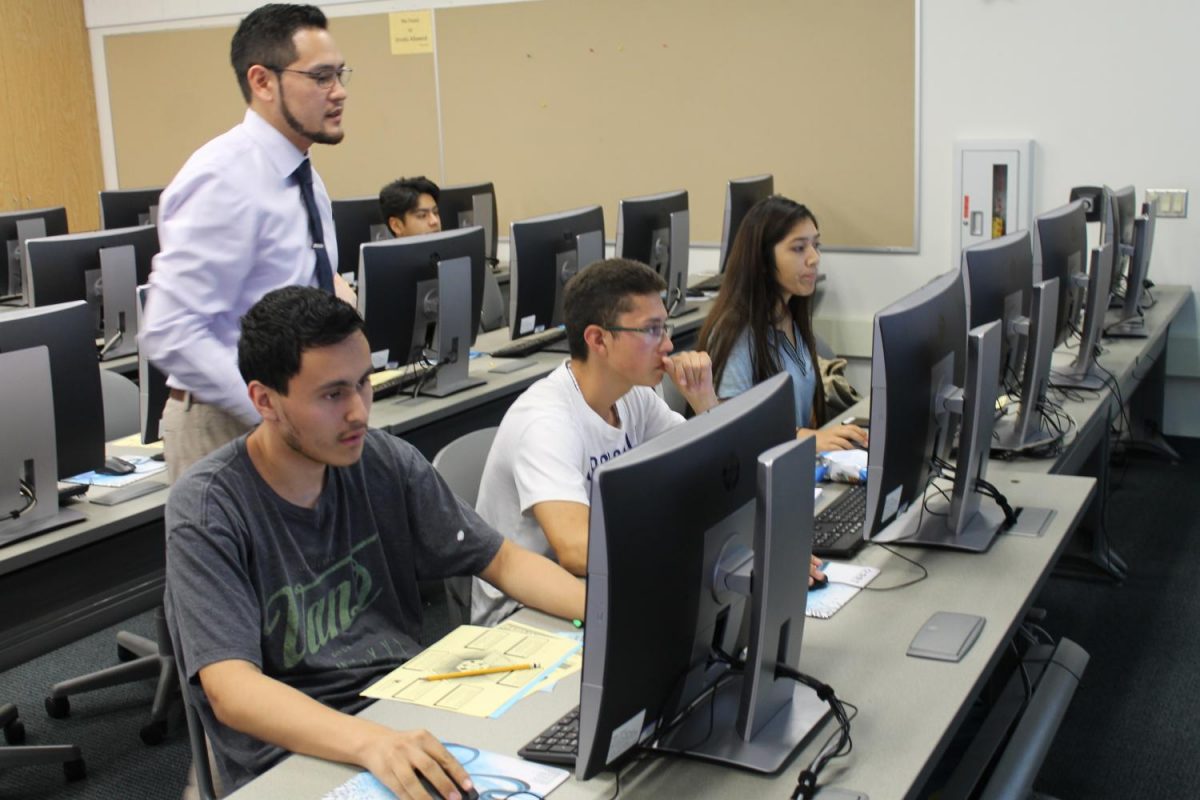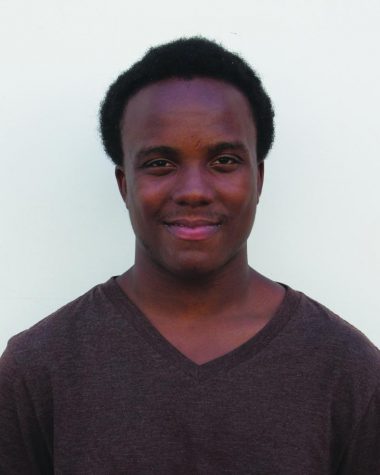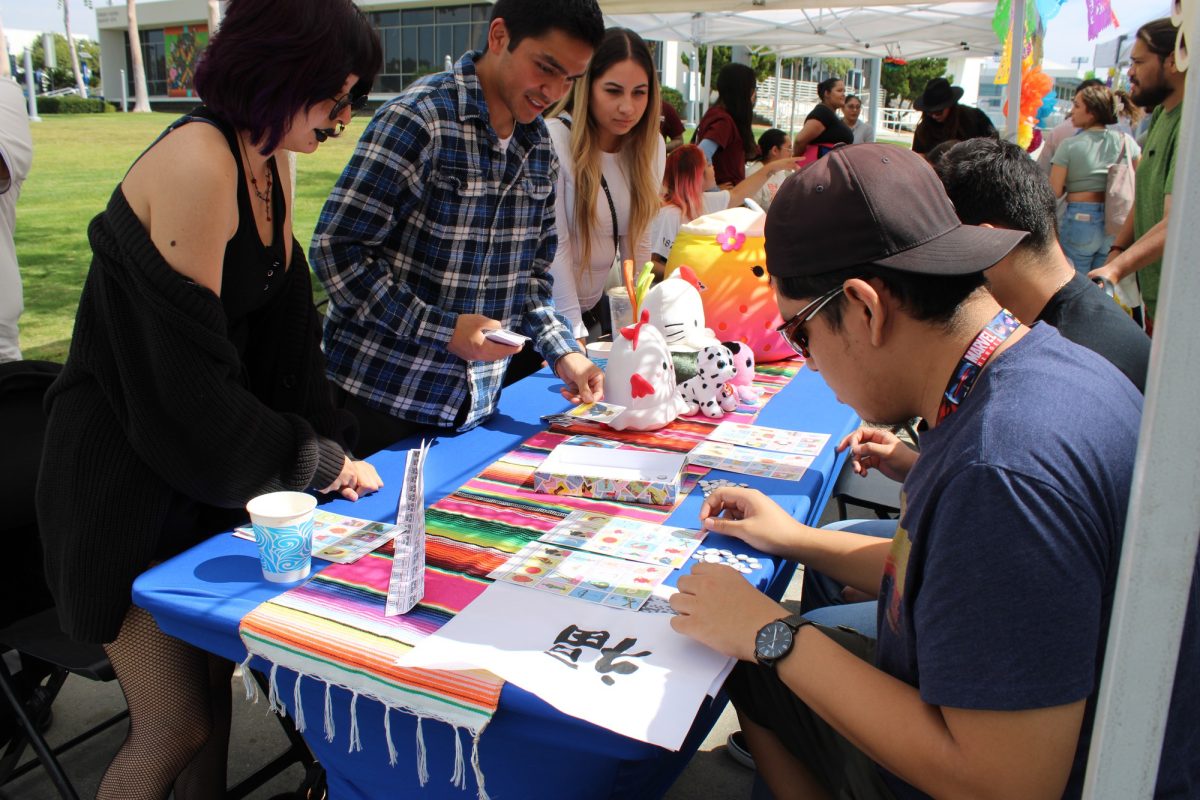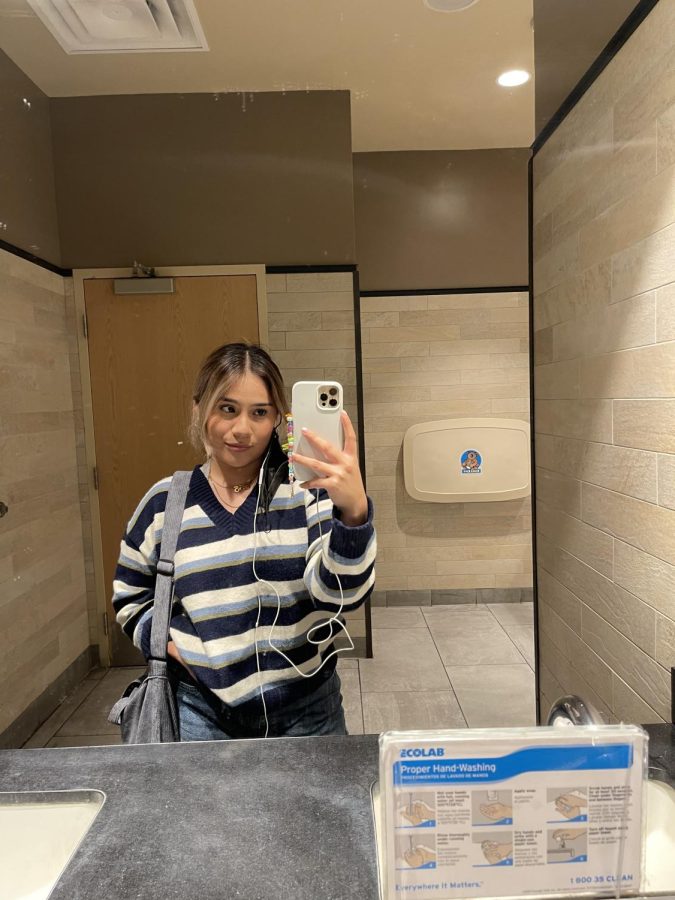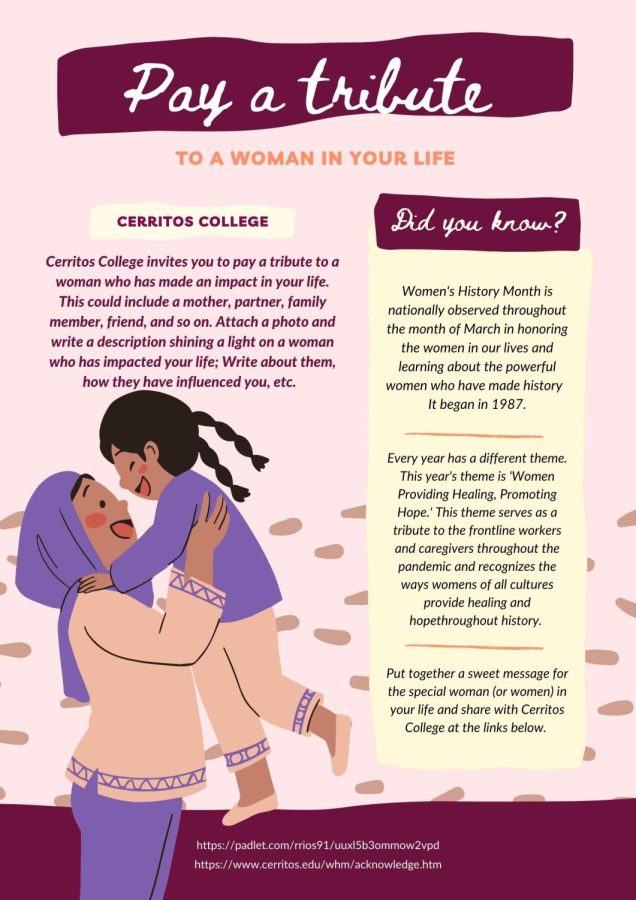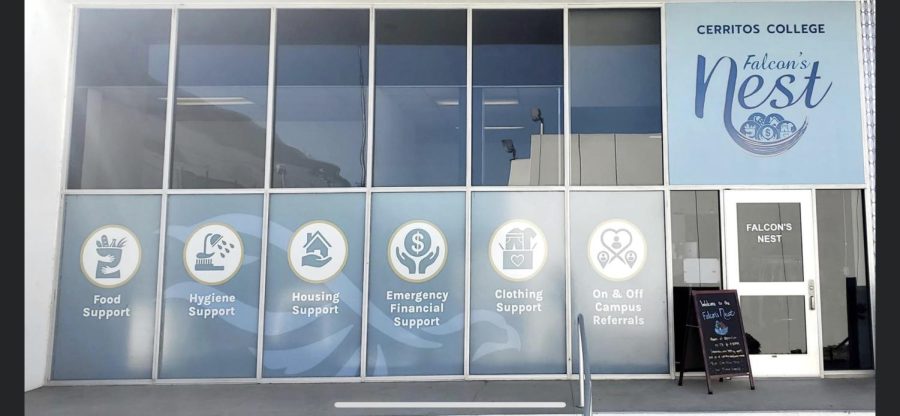Cerritos College counselor, Tracy Ukita, held the Choosing A Major workshop to help students choose a major on Sept. 27th.
Only five students showed up to this workshop.
The workshop was for students who had a hard time on deciding what they want to major in.
Ukita went over the importance of career awareness which gives details of the career, the coursework for colleges and university and how much education is required.
She covered the educational plan and how career goals help with this plan.
The educational plan helped students see what major would be the best option for them and what is the highest degree they can earn up to for whichever major they end up choosing.
She explained how most people work in areas that are not related to their major and she uses examples such as Michael Jordan, who plays basketball and received his degree in geography.
Randy Lee, the other counselor, arrived 30 minutes later.
Both counselors mentioned how most college majors are non-career specific such as English, history, sociology and political science and people have to prepare for a wide range of occupations.
Majors that are career-specific like nursing, engineering, social work and architecture require a certificate and license.
Some majors that are career-related are journalism, criminal justice and business but there are different jobs out there for these type of fields people go into.
Other careers do not require a specific major and there is a flexibility between majors and careers.
Career goals can determine how much education the student needs for their major.
She mentioned the six characteristics that were created by John Holland and they are extremes that can be accepted by the major that play a big part based on the career:
- Realistic is for those who like to work with tools and hands and value concrete concepts over abstract concepts.
- Investigative is for those who are considered curious and logical and like to solve abstract problems and gather information.
- Conventional is for those who are organized, systematic and practical and like activities that require attention to every detail.
- Social is for people who are helpful and friendly and like to work with others and care for one another.
- Artistic is described as creative and imaginative and for others who like to express themselves and work with ideas.
- Enterprising has two main traits that are ambitious and competitive and this is for people who like to be in charge and take the lead and organize any businesses.
Students can identify what they want to major in by looking up their values, interests, personality traits, characteristics and ability/talents.
Students can go on different sites such as Eureka.org, and Onetonline.org that can help with how much education is needed for their major.
Brandon Guijarro, chemistry major, said that he thinks the workshop helped him decide which major he wants and what school he wants to transfer to in the future.
Steven Sernas, chemistry major, said he thought the workshop was informational and guides students to schools they should go to and different options that are available.
Lee said, “I felt like the workshop was a success. Our goal was to help students understand the difference between majors and careers and giving them assessments to help them understand themselves better.”
Ukita said, she would hope that students benefit from learning about career exploration resources and that students understand that major and career are not identical to each other.
She mentioned that one of the main concepts is that majors and careers are not the same thing.
There will be another workshop on Oct. 5th in the same room.


